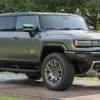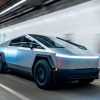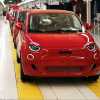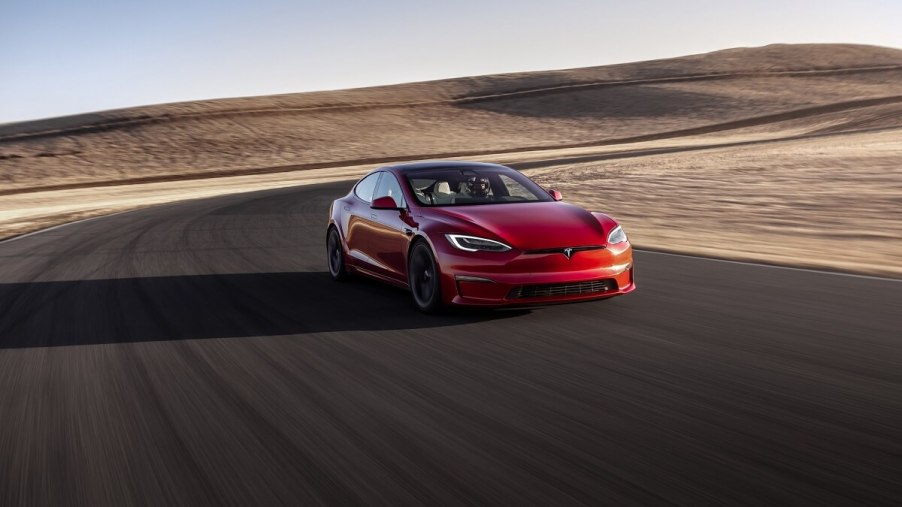
Embrace Debate: Is Tesla a Premium Brand?
Tesla, a brand synonymous with electric vehicles, has become a household name in the automotive industry. The company’s founder, Elon Musk, has been successful in creating a cult-like following for Tesla. The brand enjoys a level of hype and buzz that is typically reserved for luxury brands like Mercedes-Benz, BMW, and Audi. But despite the enthusiasm of its fans, the question of whether Tesla is a premium brand remains a topic of debate among industry experts and consumers alike.
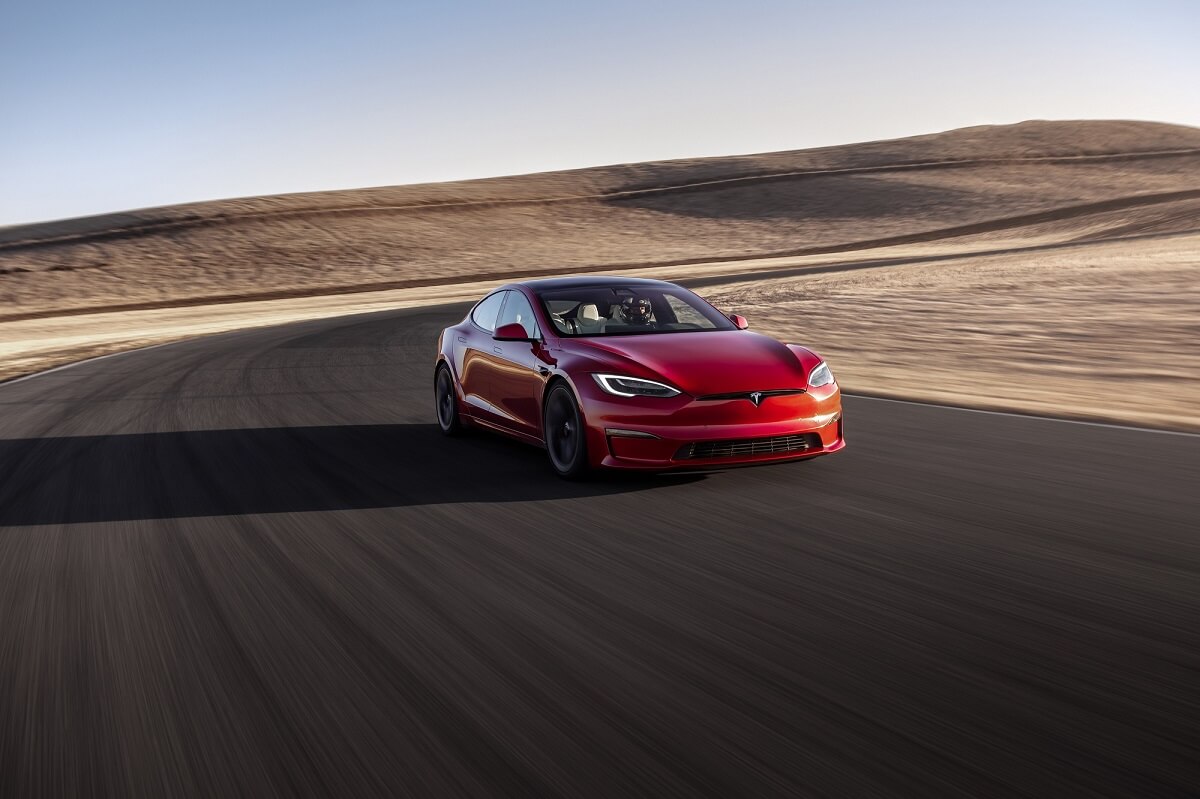
There is controversy surrounding whether Tesla is a premium brand or not
Tesla occupies a unique position in the automotive industry, often described as a “gray area” in terms of its status as a premium brand. On the one hand, Tesla’s high-end vehicles and cutting-edge technology certainly align with the hallmarks of luxury brands. The brand has also been successful in creating a strong and devoted following, with many Tesla owners and enthusiasts viewing the company as a leader in the industry.
However, on the other hand, some critics argue that Tesla’s quality control issues and inconsistent production processes call into question the brand’s premium status. Additionally, while Tesla has made significant strides in terms of design and technology, some experts argue that the brand’s overall build quality and fit and finish are not quite on par with traditional luxury brands.
According to Motor1, one factor that contributes to this gray area is the fact that Tesla is relatively new to the market compared to more established luxury brands. While Tesla has certainly made a name for itself and has a loyal following, it has not yet had the opportunity to establish the same level of heritage and reputation that some of its competitors have. Additionally, Tesla’s focus on electric vehicles and sustainability also sets it apart from traditional luxury brands, which often emphasize performance and luxury features.
Whether Tesla is viewed as a premium brand depends on a variety of factors, including individual preferences, perceptions of quality and performance, and the overall market landscape.
Tesla’s pricing, interior, and technology compared to competitors
In terms of pricing, many of Tesla’s vehicles are priced similarly to premium brands such as Mercedes-Benz, BMW, and Audi. For example, the Tesla Model S, Model X, and Model Y are all priced well above the average cost of a new car in the United States. However, Tesla’s most affordable model, the Model 3, costs closer to mid-range cars like the Toyota Camry or Honda Accord.
Regarding the interior and technology of Tesla’s vehicles, the company was once considered a leader in this area. The brand’s Model S was lauded for its minimalist interior and large touchscreen display, which at the time was cutting-edge technology. However, in recent years, many other automakers have caught up to Tesla in terms of interior design and technology. A luxury brand like BMW now offers large screens, digital dashboards, and other features that rival or exceed what Tesla offers.
Despite this, Tesla still maintains a strong reputation for innovation and forward-thinking, and the brand continues to push the boundaries of what’s possible in the electric vehicle market.
There are valid arguments for both sides of the Tesla dispute
On one hand, Tesla has certainly positioned itself as a luxury brand, with high-end vehicles that are priced similarly to other premium brands like Mercedes-Benz, BMW, and Audi. The brand has also established a reputation for innovation and forward-thinking, with cutting-edge technology like the large touchscreen display in the Model S. On the other hand, critics argue that Tesla’s quality control issues and inconsistent production processes call into question the brand’s premium status.
Whether Tesla is a premium brand or not depends on how one defines the term “premium.” If premium is defined by price and exclusivity, then Tesla certainly fits the bill. However, if premium is defined by factors like build quality and the overall luxury experience, then the argument becomes less clear-cut.
